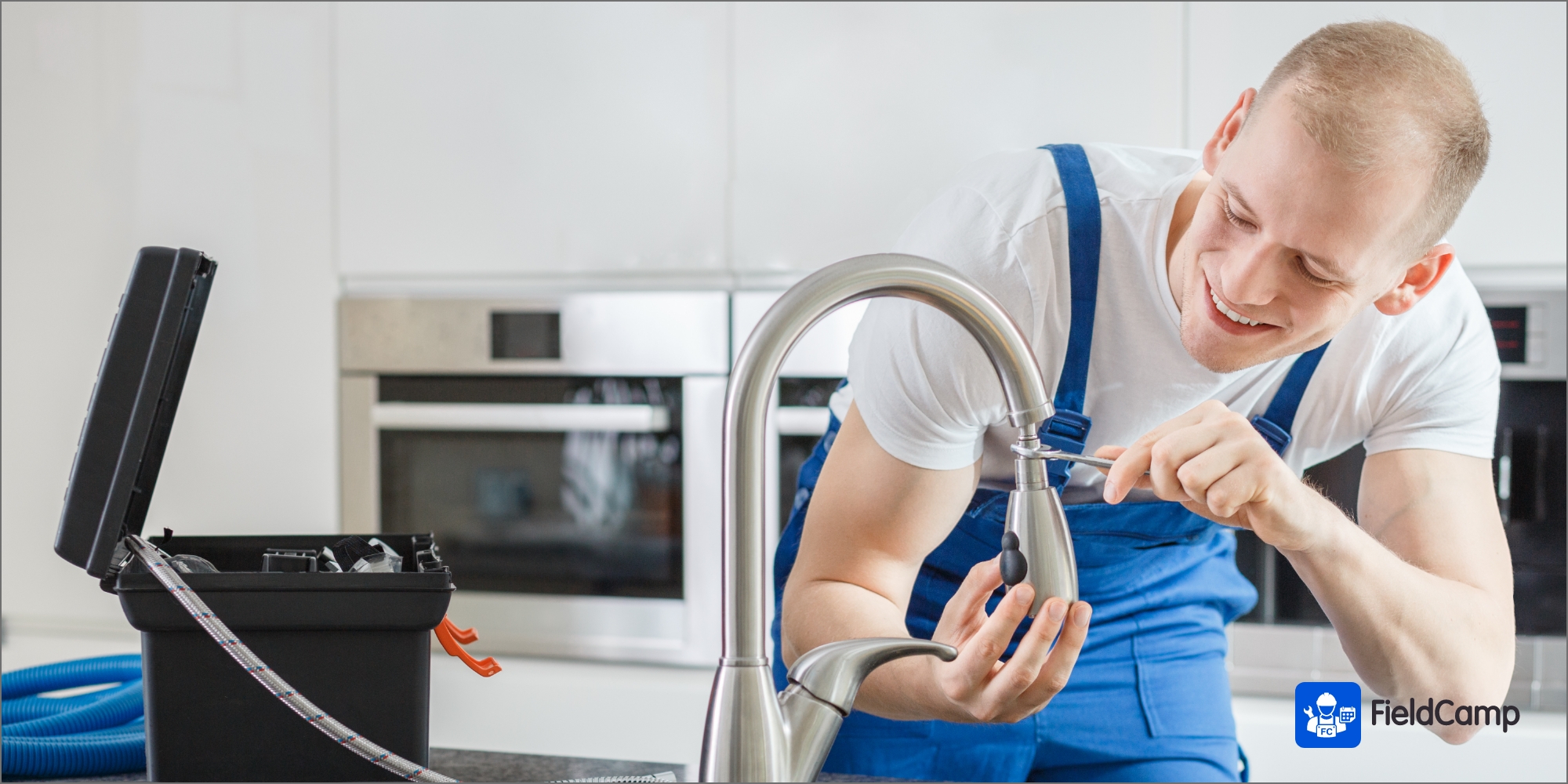Rise by Six: Your Daily Dose of Inspiration
Explore insights and stories that elevate your day.
When Your Pipes Scream: A Plumber's SOS
Discover the shocking secrets behind noisy pipes! Learn how to decode the screams of your plumbing and save your home from disaster.
Signs Your Pipes Are in Distress: What to Listen For
Understanding the signs that your pipes are in distress can save you from costly repairs and extensive water damage. Listen carefully for unusual sounds in your plumbing system. Common indicators include gurgling noises, which can suggest that your pipes are clogged or the venting system is compromised. Moreover, hissing or whistling sounds while water is flowing may indicate a leak or a pressure issue.
In addition to sounds, you should also be alert to changes in your water flow. A sudden drop in pressure, noticeable discoloration of water, or persistent bad odors can signal underlying issues in your pipes. If you notice a significant increase in your water bill without explanation, it could be a sign that your plumbing is under distress. Regularly monitoring these signals can help you catch problems early and maintain the health of your plumbing system.

Top Causes of Noisy Pipes and How to Fix Them
Noisy pipes can be a common nuisance for homeowners, often leading to frustration and concerns about underlying issues. Among the top causes of these disturbances are water hammer, which occurs when fast-moving water suddenly stops, creating a banging noise. Additionally, pipe vibrations due to high water pressure can result in a persistent rattling sound. Loose pipes, particularly in older homes, can also contribute to the clattering noise, as they may not be securely fastened to walls or floors. Understanding these causes is the first step in fixing noisy pipes.
To address these issues, homeowners can take a few effective steps. First, installing a water hammer arrestor can help cushion the shock of fast-moving water, reducing noise. For high water pressure, a pressure-reducing valve can be installed to maintain a safe and steady flow, minimizing vibrations and rattling sounds. Additionally, securing loose pipes with brackets or cushioning material can significantly reduce clattering. By identifying the root causes and implementing these solutions, you can restore peace and quiet to your home.
When to Call a Plumber: Understanding Pipe Sounds and Signals
Understanding when to call a plumber can often be deciphered through the unusual sounds that your pipes make. Gurgling noises might suggest a blockage in the drainage system, signaling that it’s time to seek professional help. Similarly, hissing or whistling sounds can indicate a leak or a pressure buildup, which can lead to more significant issues if not addressed promptly. Listening to these peculiar noises can save you from costly repairs and water damage down the line.
Additionally, certain visual signs can accompany these pipe sounds and should not be ignored. For instance, if you notice water stains on your walls or ceilings, or if you experience unexpectedly low water pressure, it could be time to call in a plumbing expert. Ignoring these signals can escalate minor issues into major disasters, resulting in extensive repair costs. Always trust your instincts—if something feels off with your plumbing, it’s better to be safe and consult a professional.